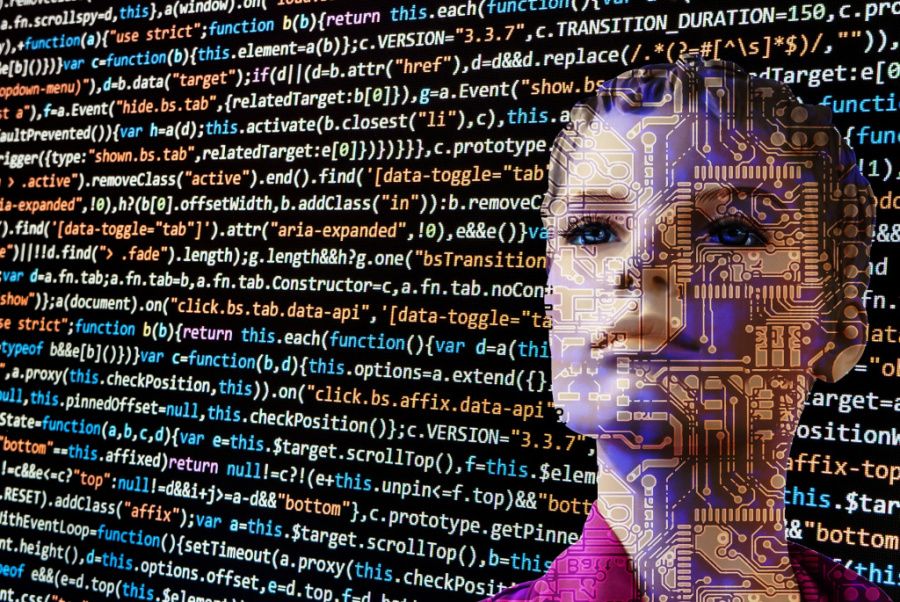Humans vs. Machines: Is Artificial Intelligence a Better Fraudster?

The potential of artificial intelligence (AI) is growing. A new study has found that artificial intelligence is far more effective at composing phishing emails than humans, meaning it could potentially become a better scammer.
Now it's possible to use the GPT-3 deep-learning language model along with other compatible AI-as-a-service platforms to lower the barrier to entry for formulating spearphishing campaigns across a broad spectrum. The mechanism also leverages Natural Language Processing (NLP).
OpenAI's GPT-3 helps create maliciously effective spearphishing messages
During the experiment, a team of experts from Singaporean Government Tech Agency crafted phishing emails and sent them to the target audience of 200 people. They also created more phishing emails using the AI-as-a-Service platform and sent them to the same target audience.
The experts used OpenAI's GPT-3 network and other AI-as-a-Service features based on personality analysis to create these phishing emails that were tailored to the background and idiosyncrasies of the target audience.

Both messages contained innocuous links, but the links were used by the experimenters to monitor click-through rates. After a series of trials, it was found that a large number of people who received the messages and clicked on the links were far more likely to click on the links in the AI-created messages than those created by humans.
However, the research results encouraged the experimenters to think about how AI-as-a-Service can be used to participate in phishing and spearphishing campaigns in the future. For example, OpenAI has long been concerned that scammers could use their service or other similar services to harm people.
However, experimenters have shown that they and other diligent AI-as-a-Service providers have managed to create effective codes of conduct, scan their networks for potentially malicious operations, and have also attempted to validate users' identities to some degree.
AI is getting better
As this era continues to be driven by technology, every business, government, institution, etc. is looking forward to using and adopting breakthrough technologies such as blockchain, artificial intelligence, machine learning, and many others to improve work efficiency and also reduce operational costs such as expenses on paying salaries. The work that used to be done by thousands or hundreds of people can now be done by a single AI-based robot, thanks to technology.
For this reason, citizens of various countries would not mind artificial intelligence replacing politicians. As reported by CoinIdol, a world blockchain news outlet, 51% of European citizens would support such a replacement as they believe artificial intelligence will be more effective and less corrupt than human politicians.
Russians also support the idea of replacing politicians with AI. Besides, the country’s intelligence services are exploring artificial intelligence use in the army. Currently, the military forces are developing AI-controlled drones that will work without human interference.

Although these technologies, including distributed ledger technology (DLT) and artificial intelligence (AI), are still nascent, they have proven to get the job done faster, have unmatched operational potential, effectiveness, and accuracy, and perform significantly better than humans at mechanically and mentally demanding tasks.
Nevertheless, the possibility of replacing human intellect with artificial intelligence seems to be more of a fantasy so far. AI can not perform some tasks productively, because it does not rely on innate and natural human attributes like intuition. So far, developers have failed to incorporate these traits into AI algorithms. Perhaps this is not even possible, as human intuition and emotions are not subject to strict formulas. Or maybe it's because scientists have not discovered these formulas yet. Who knows?
Price
Price
News
Price
Price

(0 comments)